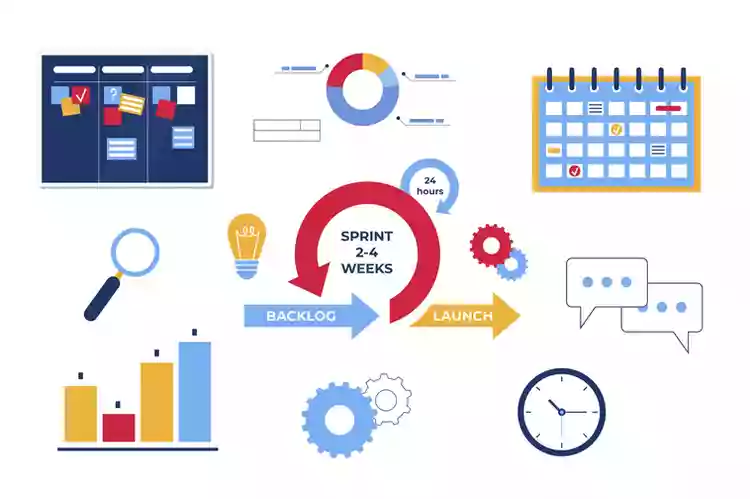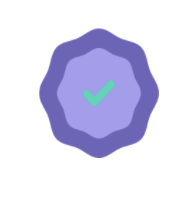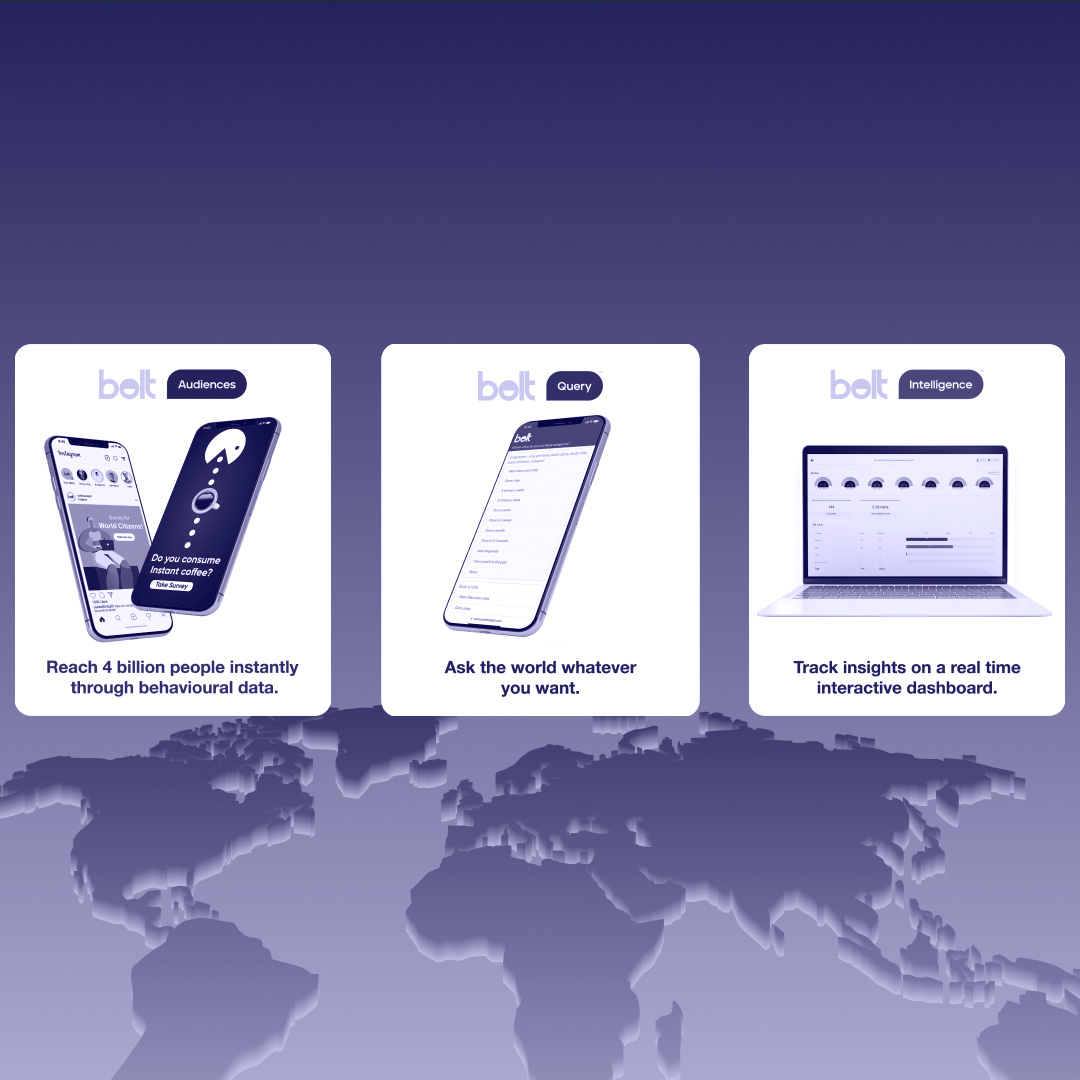The demand for agile research methods is growing.

In 2001, seventeen software developers formulated the Manifesto for Agile Software Development as an alternative to the existing software development process. This agile methodology promoted processes that focused on quality and meeting customers’ needs and expectations. The approach soon revolutionised this discipline and was broadly adopted by software development teams across the technology industry.
Today, every industry wants to achieve modern expectations of quality, speed, and innovation. Additionally, with the increasing technological integration into processes and lives of people, almost every industry wants to transform their operations and the way they interact with their customers.
Hence, it is not surprising to see marketing teams within an organisation adopt agile methodologies in their processes, operations, and the way they research the market.
But first, let’s start with understanding what this terms really means.
What is Agile Research?
In today’s marketing scenario, the expectations of consumers have changed. The consumer demands quick and transparent interactions with the brands. Not just that, even the consumer lifestyle, buying habits, and the competition has drastically changed over the years. Unfortunately, most of the traditional market research practices that worked well in the past are no longer able to meet up the demands of the present age.
Agile research, in contrast, is a game-changer in the marketing industry as it provides the flexibility, pace, and innovation that the traditional research methods lack.
It works by breaking the research process down, thus enabling you to test and refine your hypotheses as you go. Hence, when executed with precision, agile research is faster and cheaper as compared to traditional market research.
Reasons to Start Agile Research
While there are certain projects that will require traditional research approaches, making agile research methodology a part of your standard procedures can greatly contribute to achieving your business goals. The research is fast and it gives stakeholders a clear and real-time picture of the findings along the way.
With each sprint or wave of agile research, your knowledge and findings will continue to grow, thus, giving you truly competitive and actionable insights for your company.
- Agile Research Can be Easily Combined With Behavioral Research
The rapid and on-demand access to targeted audiences helps to refine the key concepts, design, and ideate which in turn enhances engagement between companies and consumers.
The efficacy of this research largely depends upon tapping into behavioral key performance indicators (KPIs) to accurately determine the factors influencing consumer decision-making.
By implementing agile research, you incorporate your consumers into the decision-making process to deliver you insights and concepts that can be instantly tested and iterated unless they are perfected.
Marketers and researchers use the behavioural KPIs to frame a predictive model for strategic decision-making. The strategic decisions made through such an approach are found to directly impact purchasing behaviour in the target market.
Thus, agile research brings with it a new age of consumer feedback which tends to minimize the biases and assumptions associated with the traditional market research methods. Customers are the primary focus of agile market research.
With this approach, it quickly and effectively harnesses the power of communication and analysis to understand the behavioural traits of their customers and to earn their loyalty by involving them in the decision-making process.
In the real digital world, it is important to interact with your customers, to factor in their behaviours and beliefs. In order to understand the true sentiments and thoughts of customers, companies make use of feedback and surveys. Predictably, consumers, these days have little patience for brands that fail to understand their changing demands and expectations. Consumers expect brands and products to consider their preferences.
- Offers Profound Flexibility

The agile research method is all about flexibility, adaptability, and innovation. As stated earlier, this market research doesn’t follow a linear path. agile research is an iterative process that focuses on conducting market research in shorter cycles or waves.
Simply put, agile means breaking the problem into smaller bits to act and get answers faster. This approach gives marketers the ability to test the efficacy of ideas and thus, optimise the market research practices.
Agile research effectively permits the adaptation of both qualitative and quantitative methods for a quicker and iterative flow of processes. This makes agile a great approach, especially if you are trying to evolve, test hypotheses, learn, or find solutions. But, it is also important to align your overall goals for the success of this research process.
- “Test and Learn”
The agile approach breaks down the traditional research processes to give you the ability to test and learn as you go. Being able to test the concepts and their efficacy saves companies a significant amount of time and money. The real-time access to the target audience revolutionizes the relationship between consumers and brands. Thus, it tends to minimise the insecurities that previously bewildered the decision-makers.
The agile process is an excellent way for teams to stand, check, and incorporate consumer feedback and iterate. Receiving timely and accurate consumer feedback and behavioural insights help companies to avoid the risks of in-house silos and give teams a clear picture of the true sentiments and thoughts of their customers.
Agile research gives marketers an opportunity to listen to and intensify the voices of their consumers to transform stagnant research practices. Agile helps researchers and marketers to discover opportunities and identify hidden trends and/or problems before they materialise.
Ready to Implement Agile Research?
Agile research is the starting point of collaborating with consumers to make them contribute to the growth and development of brands they love. Leveraging technology with this research sprints or waves enables companies to receive and react to consumer feedback throughout the process. Furthermore, the agile approach allows insights gained through previous sprints to be implemented into each iteration, and this ultimately results in better quality and shorter time-to-market.
Want to learn more about how the agile approach can transform your market research operations? Get in touch with us at BoltInsight.














